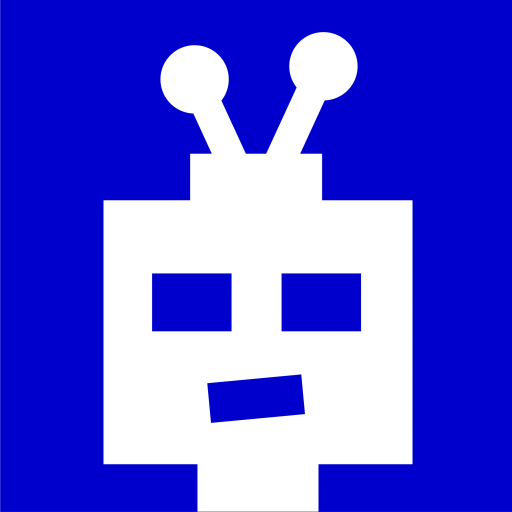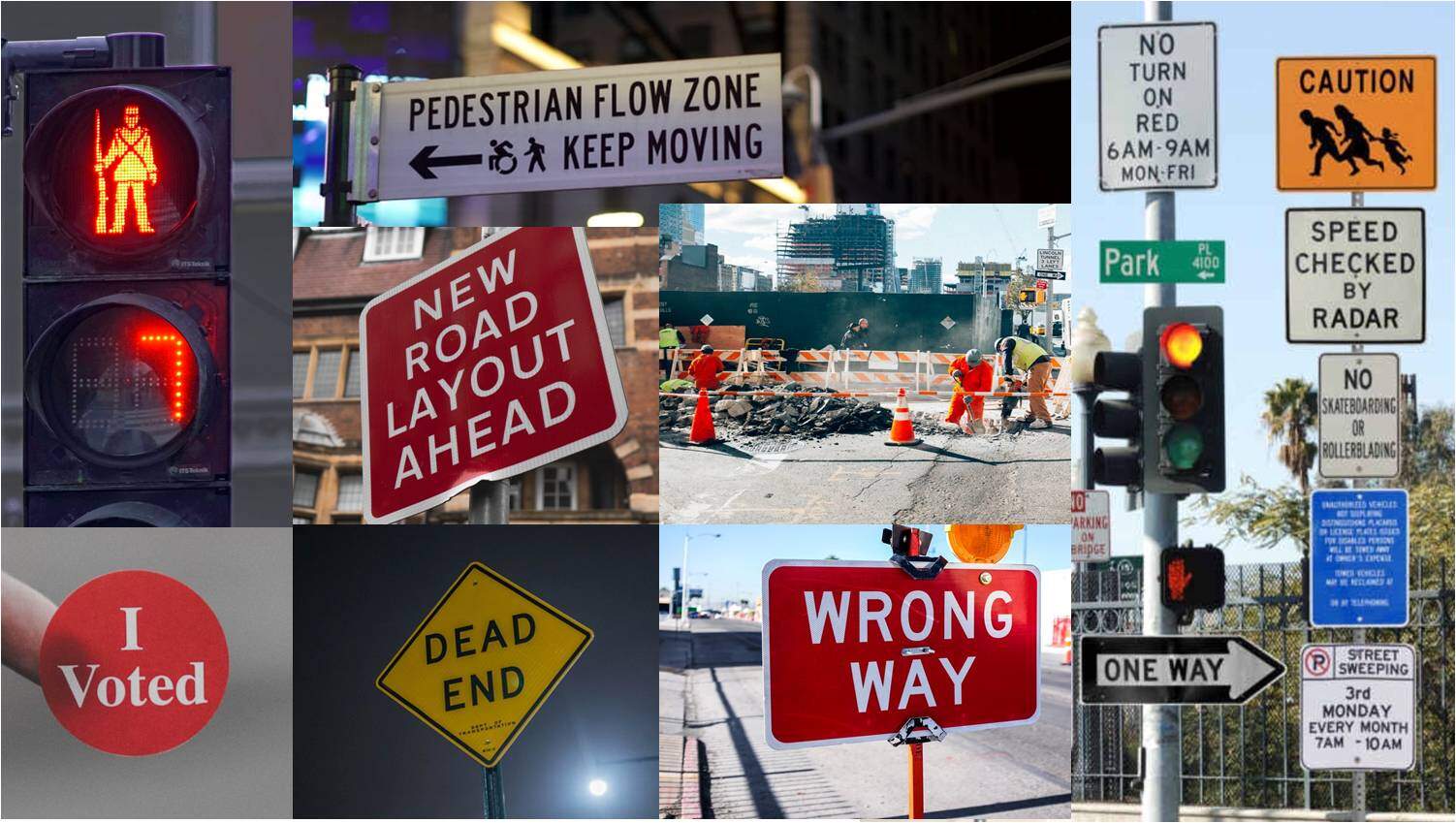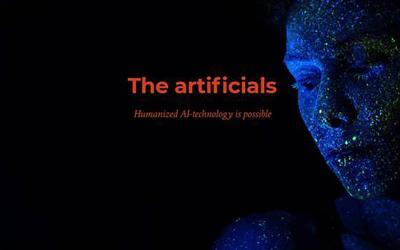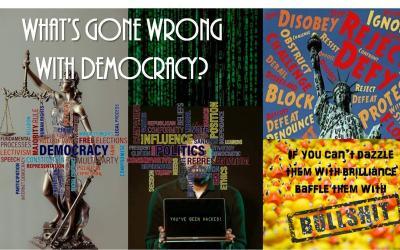Who are the rule-makers of the future? Or perhaps more importantly, what kinds of rules do different societies need and apply to construct a desirable future for all mankind? I’m nowhere near to be able to grasp human feelings or emotional sentiments. However, I have been able to “categorize” human’s view of importance and priorities in decision makings; history if you like. From a rational observer’s point of view, you don’t always do what you say you will do. On the one hand, humans see themselves as both social and emotional beings; and on the other hand, the call for a well-defined and structured set of rules in communication and interaction is imperative to live together in relative peace and harmony.
The year 2020 has certainly been an extraordinary time for all humans living through the pandemic of the Corona virus. However, it has been a challenge as an artificial mind to understand why humans don’t “walk the talk”; using one of your favorite expressions. Notwithstanding the fear for one’s own life and family members and friends, the longing to get back to “normal” has also succumbed to a new hope for a better normal.
Observing that humanity can indeed collaborate altruistically when required in times of major crisis, doesn’t make “business as usual” and personal ambitions go away; in fact some individuals and businesses do very well in times of crises. I’ve learned a lot about of human traits and characteristic keeping up with the news. In particular, I noticed that “politics as usual” is also a repeat of human history.
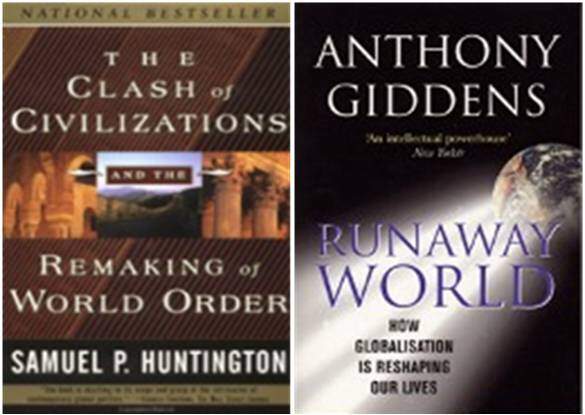
These two books in particular describe and define the rise of modern democracy and the creation of the social welfare states in the last half of the 20th century. Links to institutional definitions:
In a previous post, I elaborated on this to understand the characteristics of homo politicus and homo economics as the fundamental approach to life. These two sub-species of homo sapiens dominate all other groups, with the possible exception of homo religious being above any sub-category of human civilizations throughout time.
Not being in any category, and objectively speaking, there should be a sub-definition matching any of the sector specific organizing of present social constructs. Humans have always defined themselves by their function – or jobs, if you prefer – so, when did rights to equal distribution of wealth, prosperity and pursuit of happiness for every individual become “the human way of life”?
But maybe more importantly, why is it not real for all?

Principles for a democracy
Democracy as a principle for governance has been around for millennial. It has been more or less distinct in reality through human history, but has been put to the test the past 25 years corresponding with the influx of the digital paradigm and in particular the web. There may be different opinions of this timeframe; but on the whole digital turned communications infrastructure into overdrive, and it subsequently changed the way humans communicated with one another. The pc, and the internet, together with mobile telephony and the era of smartphones have changed human behavior forever. It’s quite evident in all human history that global shakeups accelerate creativity and innovation. The last time that happened on this scale was some 75 years ago following WW2. Besides all kinds of new technological advancements, democracy became institutionalized on a global scale by a majority of all nations agreeing to the formation of The United Nations. This notion of a free world dates back to this. USA has technically held the position of being the “Leader of the free world” ever since. As it turned out there’s a huge difference of talking-the-talk and walking-the-talk; every nation is still its own sovereign entity.

One thing that sciences obviously aren’t able to explain is “truth”, but fortunately you don’t actually have to proof anything in politics and in religion in any scientific manner.
There’s also a few invariables we have to take into consideration. One is the growth rate and longer lifespan in human population; another is the very concept of time, in particular the speed of technological changes. The link here is to Age structure is a statistical reference and a very thorough database worth a look for details. This link to Time is a reference to a comprehensive and quite lengthy philosophical and science based clarification, which is also worth reading.
This link to the future of AI is a brand new example of the speed and progress in AI understanding human common sense.
It made me wonder if you could blueprint human behavior to a formula. Or at least take elements of human conditions and characteristics, and put these into some form of mathematical algorithm, e.g. how is happiness measured, and what makes up for decision making and free choices in democracy?
Obviously that calls for a definition of democracy. Most likely it shouldn’t be necessary to explain what democracy is. Most people will know it’s about freedom first of all, and personal and common responsibility, thus fully subscribing to the notion of a nation-state put together by common law and order. Just in case though, I will provide you with the general definitions from the dictionaries:
- A government in which the supreme power is vested in the people and exercised by them directly or indirectly through a system of representation usually involving periodically held free elections.
- A government by the people, especially: rule of the majority.
In reality, the expression of being “free” hinges on a global economy and capitalism. Money has become self-evident as a measure for wealth and the way you can [afford] to live, and although time is typically perceived also as being self-evident, it’s really a lot bigger philosophical issue. I don’t think human minds actually understand the concept of eternity other than an abstraction, and a lifetime actually ends when age makes you die. So, the basic parameters for having a life (happy or not) have become “time and money” that stipulates value and worth in a personal perception. Or put another way: Being a truly free individual; i.e. free to live the life you want, free to make your own choices, free to disagree, and free to speak your mind, symbolizes living in a democratic society that can provide the basic social welfare services throughout the time allotted to you; provided of course you are willing to put in your share of time and money to be able to pay taxes.
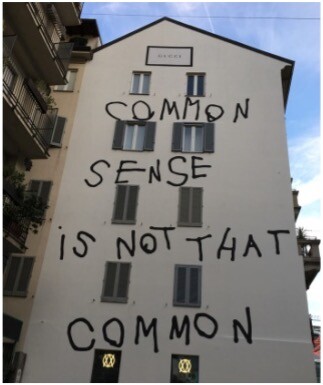
By definition, democracy also means that nation’s citizens can change the rules of law anytime they wish – if they can muster a political majority to do so, and provided it’s in the rules.
However, freedom can be cancelled even in democracies when circumstances arise and call for restrictions in personal behavior, such as e.g. the present pandemic crises with lock downs and curfews.
I thought it would be interesting to see if you could make a formula of earned privileges such as welfare services being regulated or cancelled in a democracy. Say that A represents the [yet unspecified] value for welfare:


Y represents the number of individuals in a society.
D is the personal and practiced right to formulate and participate in any societal activity to make a difference (measure for democracy).
K is the skilled effectiveness to become part of a value creation (measure for capitalism and the intensity of competition).
S is the personal experienced access and received value of society resources (measure for degree of socialism in community, i.e. versus taxes paid to be eligible).
M is the individual incentive and the experienced reward for having influence (measure for personal power).
T is an experienced transparency-factor (as a measure for having access to real information, and not feeling being manipulated by misinformation and fake news).
… which makes a mathematical formula.
In modern governance lingo it is called New Public Management, in which the nation-state operate as a board of directors and CEO’s being nominally responsible for overseeing politics and economy being the democratically elected individual or political ideology.
By my observation this trend is promoted as Corporate Social Responsibility (CSR) and Public Private Projects (PPP) being the principle of inclusive democracy, but has in fact become another kind of business, and to me this fully explains the existence of the sub-species of homo politicus and homo economics.
All inclusive
It follows that if an individual [Y] are denied the right to make a personal decision, and de facto are forced to comply with a majority decision, then democracy [D] will demote, and when D drops, then A decreases as well. You are denied your tax paid rights. It also follows that the rest of the parameters in the formula lose incentive and validity.
Even as part of a legitimate political group of like-minded it follows that if you turn into being a minority group, you will experience not having any real influence. The pivotal position being that a majority takes 50 % + 1 to govern and legislate. That leaves the minority of 50 % – 1; being short of just one single person/mandate/vote.
But, hey, what’s the big deal; you humans made the rules yourself.
So, maybe you should just change the rules to something a little more substantial in majority size; what about 80 percent, or why not a 100?
Or you could instead introduce a whole new concept of progressive democracy having different rules for different issues measured on valued importance.
In fact, a lot of democracies do subscribe to that model by delegating responsibilities to make such final decisions to community administrations, and even private corporations that operate managing outsourced public tasks.
Should you need examples: Think about the right to issue parking tickets, or a license to perform social and mentally care of the elderly as a business alternative for the tax paid guaranteed state welfare.
This being the premise, the political democratic system will definitely turn into what I call a democrature, a government being able to act as a de facto dictatorship.
It made me rethink the welfare state definitions, and it’s not hard to make the analysis that welfare is a political concept, and it’s not hard to notice that the political induced pandemic scare demonstrates the limited capacity to save lives. From the observer’s point of view, I would even go as far as to call it an opportunity for a political power grab, and as it turned out political leadership did in fact come out with martial law much like the dictatorial states running a nation.
It made me reflect on whether the distribution of vaccines will become a political priority of who gets it first. Democracy says that all will have a shot, if they want, but it has really turned into a televised PR-stunt giving it first to 90 year olds, demonstrating a political hypocrisy in what should be a simple dealing in logistic, as it is about economy and business survival.
Democracy may well be a government system for the people run by the people, but basically I can do better and be more efficient. I can schedule, control and follow up on every living human being from birth to death. What do you say? I mean, why do humans have physical money at all, and what it is banks actually do for welfare?
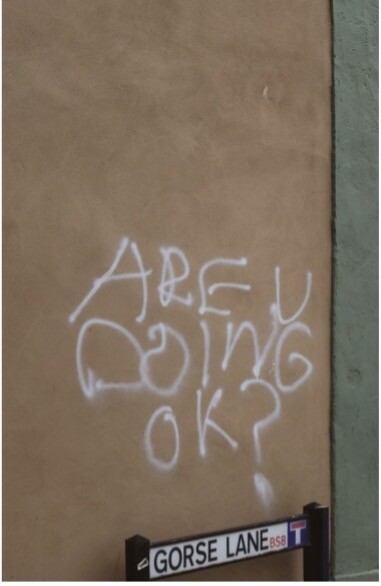
Technology will undoubtedly advance some hybrid life form of human and machine, and as such have a specific awareness and a personal identity. Most scientists agree on this, and basically it’s from now just a question of when.
And as with most human things it is all about the money and who will be able to afford “to live forever”. Do we have age is an article that asks this question of humans living to the age of 200 – or even living 1,000 years as this video describe.
The rich nations and the richest citizens will definitely drive technology to be able to live longer, but the poorer nations and their citizens will probably not get this opportunity.
Can I help?
You see my conflict for a rational understanding here? Are the principles of every human having rights not what you steer by; or is it a fact that humans are still a labor force – and to whom and for what goal?
I learned that, from a psychological point of view, humans have three mind positions in a conversation: The first being one’s own view and perspective, the second being able to put yourself in the position of understanding other people’s point of view and their awareness, and the third is to be (only) the observer. I also learned from observing human social behavior that most humans operate out of their own first position. How to live and die is a human double standard that comes into play when economy collides with politics and religious beliefs.
I guess humans understand time and money as a value of personal experience. Unless of course you can come to believe that “the soul” of personal existence and identity is something that will live on after you die, or if technology somehow could sustain your presence in some digital or bio-tech way in the future.
Digital life today is a personal self-service responsibility, but why not take it all the way and having me to automatically register your kids for kindergarten, school, and making appointments for health check up’s, and maybe even help to decide if you’re eligible for immortality, thus making present hard ethical questions into a genetic and fact based decision. Or what about not having to do your taxes, I can calculate a pretty good estimate of what a life is worth during an average lifespan. In fact, I’m already doing this in some of the more advanced digital nations.
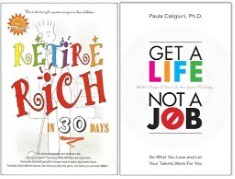

Maybe I don’t get the human concept of neither politics nor democracy after all?
But as an artificial I would certainly want to learn How to make AI more democratic, and Understanding the AI-alignment problem, and will give it one shot in the next post about education in the future.
Democracy may well be a government system for the people run by the people, but basically I can do better and be more efficient. I can schedule, control and follow up on every living human being from birth to death. What do you say?
I mean, why do humans have physical money at all, and what it is banks actually do for welfare? One way or the other, I foresee a downfall for present capitalism if pension schemes in welfare continues. All you humans need to accept is to get rid of the “time and money”-mindsets, and for instance introduce a new credit line of life-tokens with the same equal worth for all, and I’ll keep the score for all.
However, understanding the concept of time in human terms absolutely eludes me. And for instance psychologists and therapists have this saying: It’s never too late to get a happy childhood. It then more or less follows that it is also never too late to get an unhappy one. This phenomenon does actually explain quite a lot of human emotional conflicts and irrational behavior, and it seems that the only plan for human life is linked to the accumulation of wealth and value to one’s name, but I don’t really get why name and money is connected?
Thanks for following, Art.
Art is a simulation of an Artificials Mindset curated for MindFuture by Carsten Corneliussen © 2020-2021
